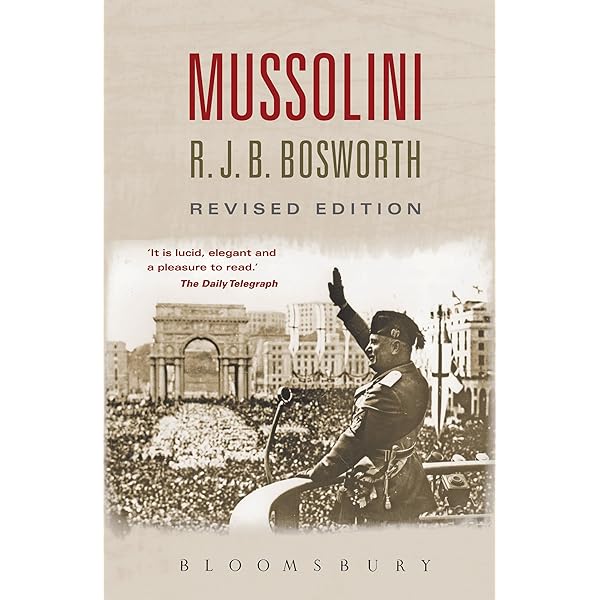Mussolini
Edward Arnold, $79.95 hb, 599 pp
Least of the Dictators?
An Australian tourist visiting Italy in the mid-1930s wrote home: ‘you may say what you like about Mussolini but you cannot deny that he has done a more amazing thing than anyone else in history.’ Unstinting admiration for Fascist Italy was common in Australian references to Italy in the interwar years; politicians, businessmen, Catholic prelates, Protestant pastors and middle-class tourists all sang his praises. They were also at one with the view expressed by R.G. Menzies, at the 1934 Conference of the Victorian Young Nationalists, that Italy’s transformation was the product not of Fascism but of its charismatic leader and his untrammelled power. In the eyes of the rarely well-informed Australian observers, Mussolini had resurrected Italy, ‘made over his people’, ‘intensified and completed the creation of Italian nationality’, and erected an efficient and effective state. Trains not only ran on time but also at a profit, according to Sir Hal Colebatch, Premier of Western Australia.
Richard Bosworth, in this superb biography of Italy’s Duce, is critical of ‘the great man in history’ and intentionalist approaches that vest all power, initiative and control in leaders, particularly in the case of Mussolini, a leader more driven by, and adaptive to, events than driven by them. Unlike Hitler, the Duce was impelled by no credo, his Fascism was vague, undefined and opportunistic, his politics governed not by ideology but by compromises and deals, by short-term tactics not long-term strategies and goals. Thus the man whose only consistent position until he came to power may have been virulent and vociferous anti-clericalism signed the Lateran Pact with the papacy in 1929.
Continue reading for only $10 per month. Subscribe and gain full access to Australian Book Review. Already a subscriber? Sign in. If you need assistance, feel free to contact us.











Leave a comment
If you are an ABR subscriber, you will need to sign in to post a comment.
If you have forgotten your sign in details, or if you receive an error message when trying to submit your comment, please email your comment (and the name of the article to which it relates) to ABR Comments. We will review your comment and, subject to approval, we will post it under your name.
Please note that all comments must be approved by ABR and comply with our Terms & Conditions.